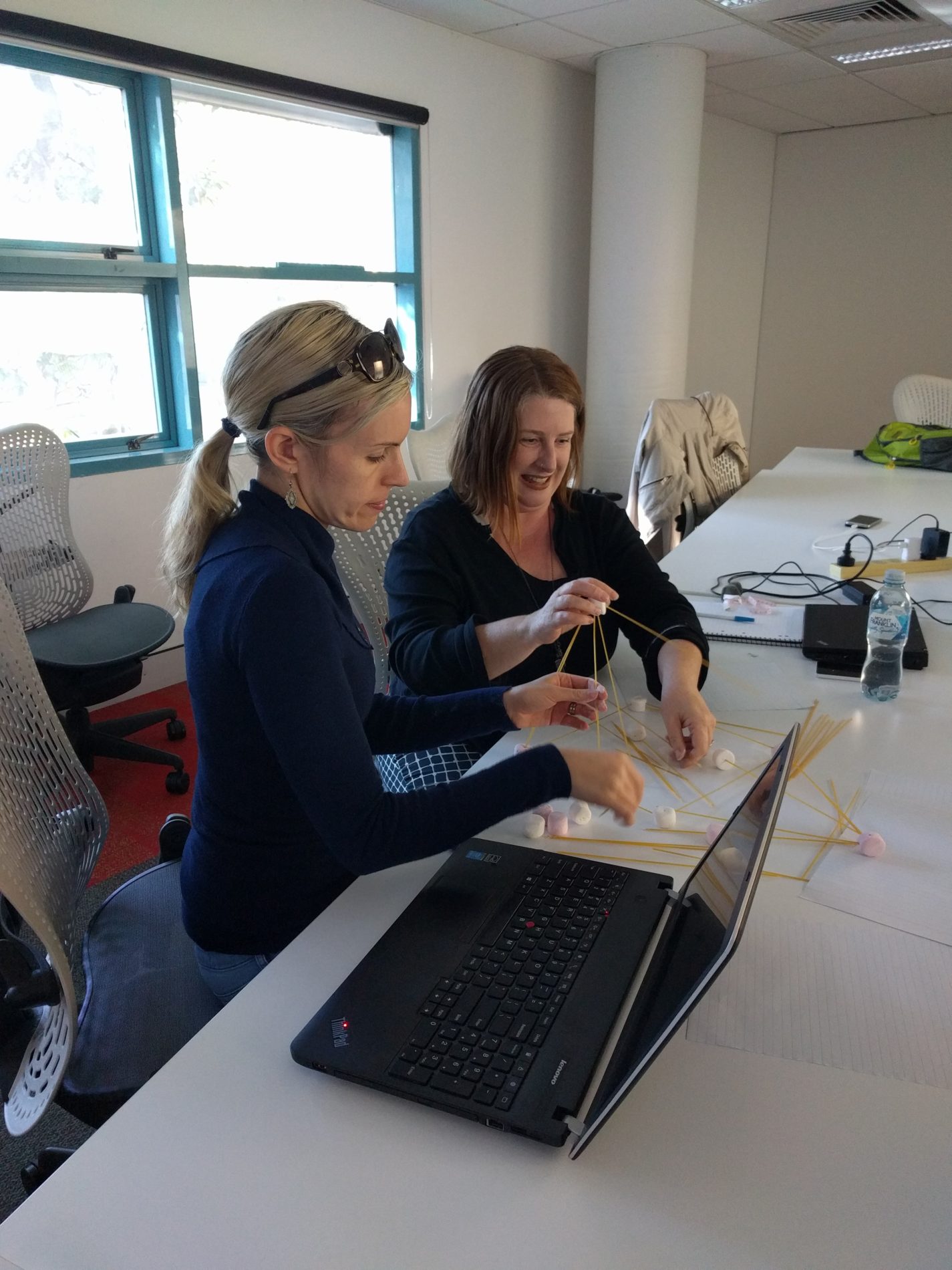By Dr. Ran Boytner
Archaeologists have been enthusiastic early adopters of digital technology. Much of the data presently collected in the field – from Total Station to remote sensing, images and analytical instrument output – is now born digital. Most of the rest is moved from paper to a digital format in the lab. This technological shift enables dramatic increase in analytical capabilities and the potential to standardize and then analyze large, regional (even global) data sets. To serve such a promising future, organizations such as tDAR and Open Context were established so they may support, store and archive archaeological data.

Databases in Archaeology
Despite major strides forward, most archaeologists are still struggling with digital data. There are no standards for data recording and data archiving is imperfect and expensive. Data longevity – that is, the ability to read data points long after they were collected – dramatically shortens as digital data is software dependent. As software evolves, older versions of data files – if not archived – can no longer be read or used. Understanding, interpreting, preserving and reusing digital data has now become a crucial frontier in archaeological research.
The IFR Strikes Back….
Most funding agencies, and especially government entities, now require projects to have digital archival plans. But most archaeologists still use ill-suited FileMaker, Access or Excel software programs to collect and record archaeological data. To address this issue, the IFR is embarking on a mission. Partnering with the creators of FAIMS – one of the first archaeology and geology digital database software packages – our Australia-Data Science program provides intensive immersion in the creation, design and management of archaeological databases. While skills learned in Australia may serve students across many industries, our goal is to fuel the training of literate database managers to support the management and analysis of digital archaeological datasets at sites across the world.

The Australia-Data Science program is suitable for both undergraduate and graduate students who seek to understand and support database creation and use. The program will run using datasets collected from our Turkey-Boncuklu project. But participants are welcome to bring their own datasets so those may be developed for further analytical use.

